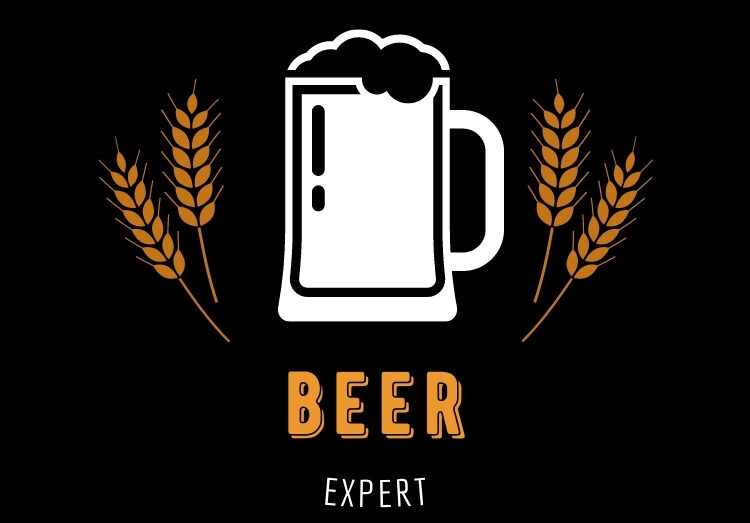The arrival of the Romans and the establishment of a sound road network in the U.K. contributed to an increase in travel, and a demand for the establishment of simple ale houses where a traveller could stop and find shelter whilst quenching their thirst.
The pub as we know it has its origins in the abbey breweries and monasteries, which emerged shortly after the Norman conquest of Britain in 1066. The Normans, upon conquering Britain set about building a huge network of places of worship throughout the land. Not long afterwards, many monasteries and abbeys began to brew their own beer, for sale to pilgrims. This led to the later development of ale houses, where travellers and locals could sit in for a drink or two. Temporary living accommodation was often sought by the travellers close to the ale houses, which led to the development of inns. Inns have, in turn, by and large developed again into simple drinking houses (though rarely attached to an abbey or monastery) called ‘public houses’ or ‘Pubs’ for short, often themed for novelty value, and central to entertainment and community life.
The Beginnings of the High Street Pub
The wide proliferation of pubs on our high streets can be, in part, traced back to the introduction of Gin to England by the Dutch in 1688. The drinking of Gin soon became a widespread phenomenon, referred to as ‘the gin craze’. The drinking of gin which was as much as two times stronger than the gin we now drink, was so popular amongst poorer peoples that for a meagre sum a rag soaked in gin could be bought to suck on by a patron who couldn’t afford a whole glass of gin! Ale and Beer producers counteracted the popularity of gin by aggressively marketing ale, and producing more ale houses. Drinking reached epidemic proportions, and the strength of gin led to poor physical and mental health and an increase in crime and disorderly behaviour.
Pub Legislation
In response to this a number of laws were passed (such as the Gin Act (1736) to clean up drinking establishments, making it the responsibility of the proprietor or ‘landlord’ to ensure that drunkenness and debauchery (such as prostitution and gambling) did not take place on his premises. The landlord, or another employee of the establishment must gain a licence to sell alcohol. The granting of licences was originally conducted on a very strict basis, and was recently relaxed further, as local authorities now have the power to grant extended licensing hours to local pubs as they wish.
Of course, alcohol consumption often leads to drunkenness and a certain amount of leeway is expected – pubs wouldn’t be pubs without a certain amount of tasteful unruly behaviour! We now live under perhaps the most relaxed time with regards to pub drinking since before the gin craze began. However, with a ban on smoking in public places set to come into force from summer 2007, the face of the pub is set to change again. Though the ban on smoking is well nigh (following in the footsteps of New York, Ireland and Scotland), it seems odd that it should coincide with a relaxation on drinking laws and on adult entertainment (nudity is accepted as never before in ‘adult’ drinking establishments).
Similarly, it seems odd that whilst there have been numerous media scares relating to an increase in ‘binge’ drinking in the U.K. it is still night clubs, spirits and spirit based drinks that come under the most fire, and not ale, bitter and lager: The British pub and beer have established themselves firmly as the continuing centre of public life. The recent emergence of the ‘gastro pub’ (a pub that serves quality beer alongside quality food) has cemented the pub as a true challenger, not only to the club or discotheque, but also to the restaurant.
When you are next in a pub, take a minute to toast the remarkable history and durability of Britain’s favourite social space with a pint of Britain’s favourite drink!
